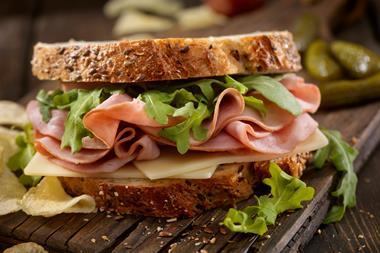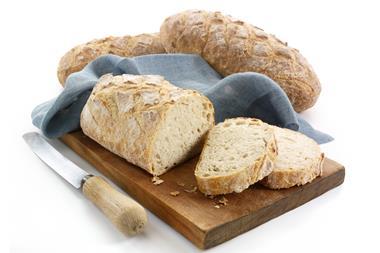Rising food prices are never far from the headlines these days with wheat playing a pivotal role in cost increases and providing a focus for the media.
The current hike in food costs are being caused by the growing world population, as well as growing global prosperity in countries such as China and India, where there is increasing demand for food. The use of agricultural crops for energy and industrial purposes is also having an impact.
Poor harvests this season in Canada, Australia and Eastern Europe have led to an increase in the cost of wheat - prices have already risen 100% in the past 12 months and this trend looks set to continue for the foreseeable future. This has led to a much-publicised increase in the price of bread, but also to an increase in the cost of grain-fed meat and other foodstuffs, such as eggs. The effect has not only been felt in the UK. In Italy there have been widespread protests about the rising cost of pasta.
Although everyone is aware that growers and producers are facing increased production costs, food retailing remains a fiercely competitive business. But we must remember that it is not possible for bakers to simply absorb the increased costs. It is inevitable that they must be recovered.
Today, food is more affordable than ever. Sixty years ago, the average British family spent over one-third of its income on food; this has now dropped to less than one-tenth.



































No comments yet